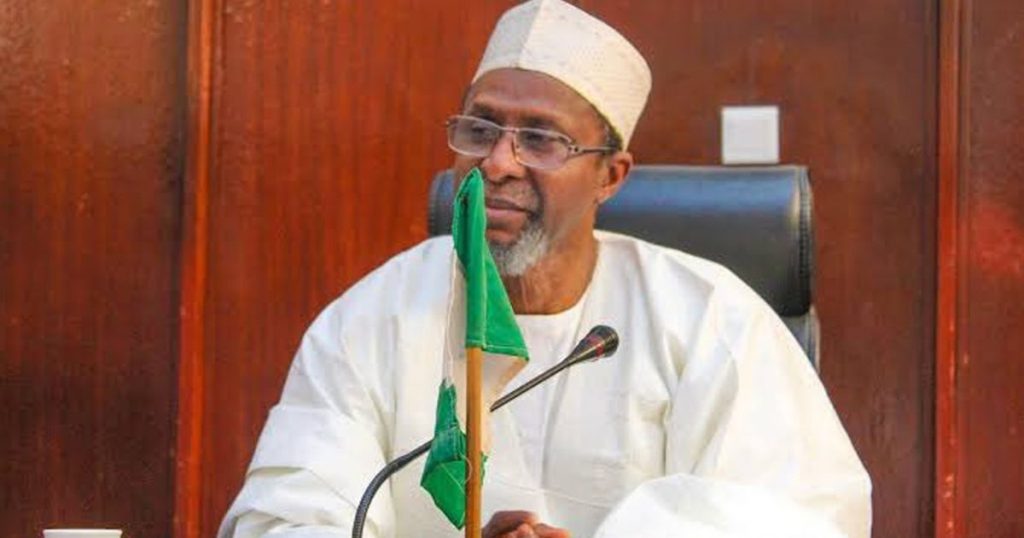On May 18, 2023, the Nigeria National Plastic Action Partnership (NPAP) was officially launched by the Federal Ministry of Environment in collaboration with the Global Plastic Action Partnership (GPAP). This initiative is anchored on Nigeria’s ambitious goal of eradicating plastic pollution by the year 2040. The roadmap titled “Towards A System Change in Plastic Pollution – A Roadmap for The Sustainable Use of Plastics in Nigeria” outlines a comprehensive framework aimed at tackling the growing concerns surrounding plastic waste. The much-anticipated official launch of the roadmap document is scheduled for October 17, 2024, in Abuja, where it will be presented by the Minister of Environment and Chair of the Nigeria NPAP, Balarabe Lawal, alongside various key stakeholders involved in the plastic value chain.
The significance of collaboration among diverse stakeholders is underscored within the roadmap’s development. Participants include regulatory bodies such as the National Environmental Standards and Regulations Enforcement Agency, the Ministry of Industry, Trade, and Investment, and financial organizations like the World Bank, each contributing their expertise and insights toward crafting an effective strategy. The participatory approach used in the roadmap’s formulation involved stakeholder workshops that conducted a comprehensive baseline analysis of plastic flows in Nigeria. These sessions facilitated scenario modeling, allowing for the evaluation of various plastic pathways’ economic, environmental, and social impacts. This collaborative effort highlights a commitment to a systemic change in how plastics are utilized in Nigeria.
At the core of the roadmap is a triad of principles: reduce, reuse, and regenerate. The strategies identified aim to curtail plastic pollution while creating substantial benefits for Nigeria’s plastic value chain. The stakeholders recognize that addressing plastic waste cannot come at the expense of the economy; instead, the roadmap seeks to establish a sector that enhances economic growth and generates employment opportunities. Through a robust framework underpinned by GPAP’s National Analysis and Modelling tool, KPMG West Africa has been designated as the implementation partner, ensuring the objectives are translated into actionable plans.
The upcoming launch is not merely a formality but a concrete step toward mobilizing resources and strategies that collectively combat plastic pollution while bolstering Nigeria’s economic resilience. The roadmap emphasizes an urgent need for cohesive efforts from both public and private sectors to align with sustainable practices. It is expected that the finalized document will serve as a guiding light for policymaking, establishing a clear directive for various sectors to follow. The collaborative nature of the effort reflects a shared understanding of the challenges ahead and the commitment of stakeholders to address plastic waste effectively.
The emphasis of the NPAP’s roadmap is on eliminating plastic pollution, rather than eliminating plastics altogether. By promoting a transition towards circularity, the goal is to foster an environment conducive to job creation and sustainable economic growth. Policymakers are called upon to develop legislative frameworks that support this vision, providing assurance to investors about the establishment of regulatory measures so essential for sustainable development. The roadmap’s importance lies in its potential to create a pollution-free ecosystem that balances environmental, economic, and social concerns, fundamentally altering Nigeria’s relationship with plastic production and consumption.
In summary, the Nigeria National Plastic Action Partnership’s established framework aims to unite various stakeholders through a well-defined roadmap targeting the plastic ecology in the country. By addressing critical issues associated with plastic waste, the initiative aspires to create a collaborative environment where economic growth, sustainability, and public health can thrive. The commitment to eliminating plastic pollution and promoting a circular economy not only serves Nigeria’s immediate needs but also positions the country as a model for other nations grappling with similar environmental challenges. The concerted effort outlined in the roadmap marks a significant step in Nigeria’s journey towards sustainable plastic management and circularity.














